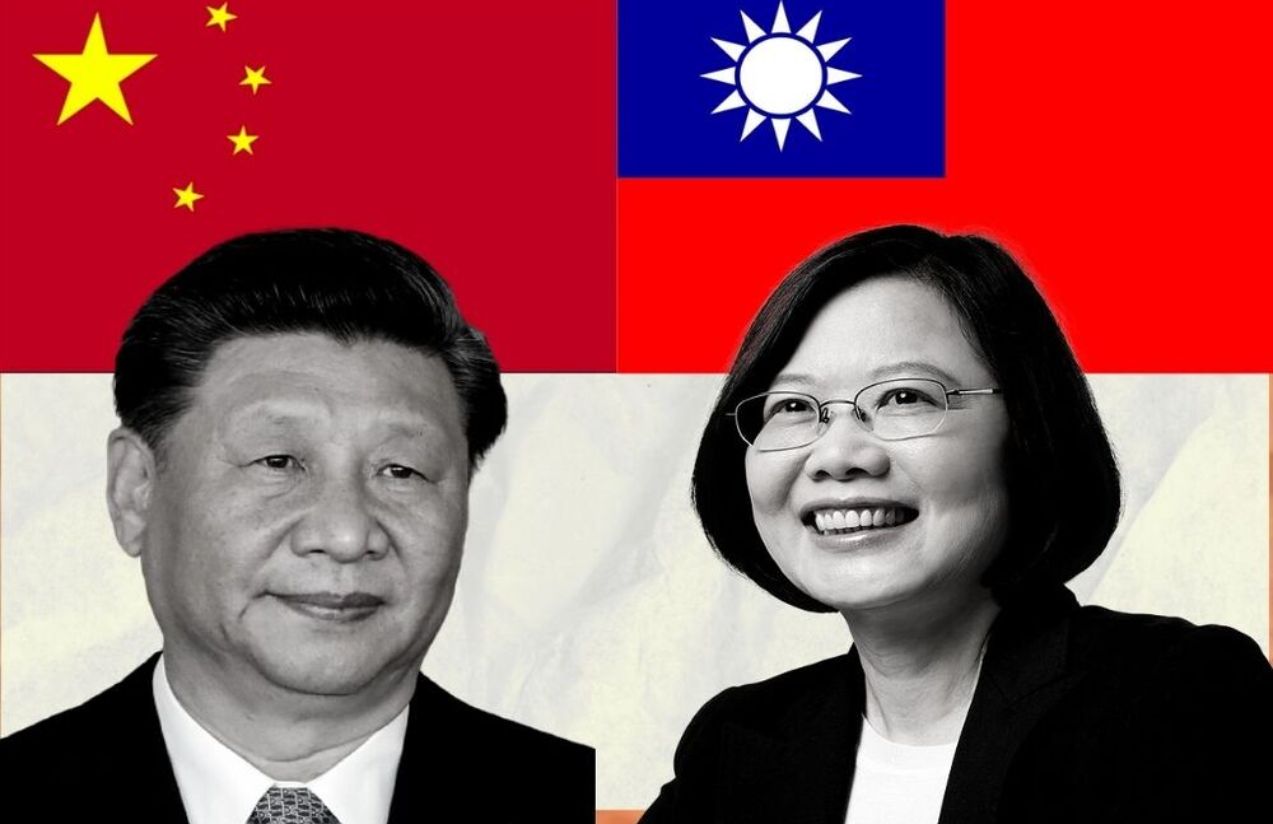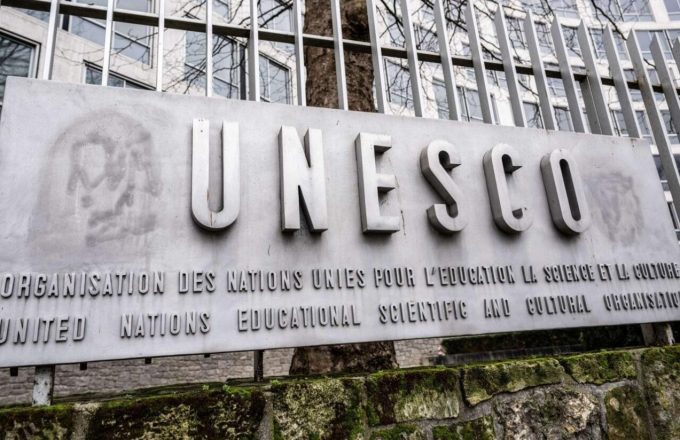For those who fear a possible Chinese aggression against the island of Taiwan, there was an encouraging sign at the end of Donald Trump’s third week in the White House. After a meeting on February 7 with Japanese Prime Minister Ishiba Shigeru, both leaders stated that the United States and Japan “oppose any attempt to unilaterally change the status quo by force or coercion” regarding Taiwan, a territory that China claims as its own.
This strong statement marked progress in the U.S. efforts to secure greater support for Taiwan from its allies. However, in the battle for global opinion on the island’s future, China is making rapid advances.
According to a count by The Economist, 70 countries have officially expressed support for China’s sovereignty over Taiwan and, even more significantly, have recognized China’s right to take “all” necessary measures to achieve unification—without specifying that these measures must be peaceful. Most of these countries adopted this stance in the past 18 months as a result of an intense Chinese diplomatic campaign across the Global South.
These findings align with those of a report published on January 15 by the Lowy Institute, an Australian think tank. According to the study, by the end of last year, 119 countries—62% of UN member states—had endorsed China’s sovereignty claim over Taiwan. Among them, 89 also supported Beijing’s unification efforts, with many even backing “all” measures to achieve it, although the report does not specify how many or when they adopted this broader language.
China’s renewed diplomatic push appears aimed at securing international backing for its growing campaign of pressure against Taiwan. This strategy includes the possibility of imposing a quarantine or inspection regime on the island, with large-scale Chinese military exercises in October simulating a blockade. While a full-scale invasion does not seem imminent, U.S. officials say Chinese leader Xi Jinping has ordered his generals to be prepared for a potential invasion by 2027.




















